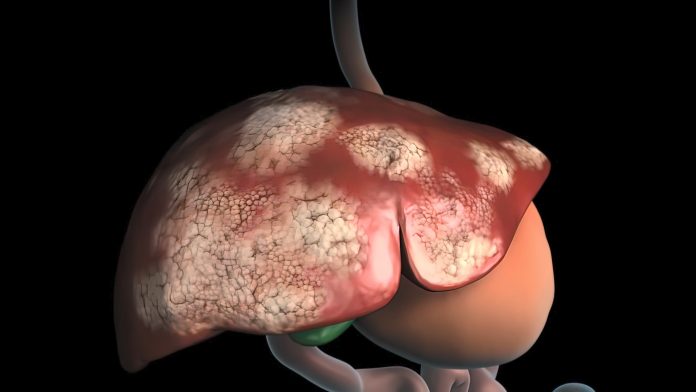
A new renal cell carcinoma (RCC) model developed by researchers at The University of Texas MD Anderson Cancer Center has uncovered a cluster of interferon receptor (INFR) genes that trigger chromosomal instability and drive metastasis. The findings, published today in Nature Cancer may be a new tool for clinicians to predict which tumors have the potential to become metastatic and treatment resistant.
“Until now, there haven’t been effective experimental models for metastatic renal cancer progression, but we introduced specific mutations that closely mimic the early stages of human cancers to see how tumors evolve and metastasize,” said Giannicola Genovese, MD, PhD, professor of Genitourinary Medical Oncology at MD Anderson. “These tumors become extremely genomically unstable, and, to tolerate this instability, they tend to lose genetic material at a specific site where the interferon genes are located. These insights can help clinicians identify tumors that have the genomic potential to become aggressive.”
For the research, the team, led by Genovese and Luigi Perelli, MD, Phd, used CRISPR/Cas9 genome editing to generate a RCC model that lacked common tumor suppressor genes. They then targeted cell cycle regulator genes in order to mimic the chromosomal abnormality seen in humans with RCC to create a phenotype consistent with human disease. Chromosomal instability is a known characteristic associated with resistance to many types of therapy and poor prognosis in RCC. However, the underpinning of this, and the specific types of chromosomal abnormalities that drive metastasis have been unknown.
The model developed by MD Anderson is the first immunocompetent somatic mosaic model for metastatic RCC—a model that has an accumulation of different mutations that result in uncontrolled cell growth while still maintaining a function immune system. Using genome sequencing and single-cell RNAseq to study the models, the investigators found the molecular drivers of RCC and with it, a new understanding of chromosomal instability development.
The researchers analysis showed that IFNR gene clusters, which are normally involved in immune response showed an inverse correlation between the loss of the INFR genes and aneuploidy, or the presence of an abnormal number of chromosomes. This suggests that RCC tumors adapt to high levels of chromosomal instability via the disruption of the INFR pathway and that this is a significant biomarker indicating the potential of metastasis.
The research also pointed to how renal cancers in different species have followed a similar evolutionary pathway that converge on chromosomal instability, a possible explanation for the heterogeneity of these tumors.
Using this new information, the investigators now plan to test different combinations of drugs in these new models to learn how the tumors adapt to the therapies with a goal of being able to translate their findings into clinical trial that can help predict RCC therapy response.













